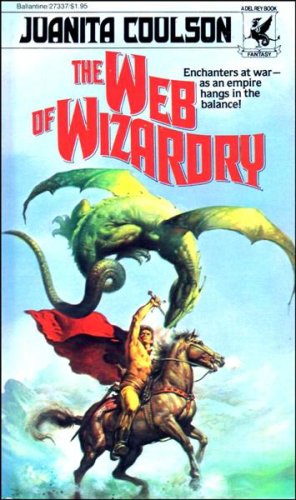Plot Details/Summary
I'm afraid I'm pretty light on details on this one, but here's what I can remember. The novel opens with a castle or other fortified area being over run by an enemy army. These enemy troops have been augmented by sorcery, in that they cannot feel pain of any sort. So, they ignore wounds and the like that are not immediately fatal. There may be additional magics involved, like enchanted weapons or the like, but I only recall the lack of pain element. I seem to remember the color white, here in a unfeeling, cold-hearted sense, being associated with the enemy army or empire.
The protagonist is a warrior from some small village (the novel was very run-of-the-mill and used a lot of the standard fantasy tropes). The enemy empire was run by wizards of a sort. I think the enemy empire's name was something like Khargish, or Kargan, but I can't be certain of that (Google has been no help here).
I don't recall much of the story, but the protagonist and his desperate comrades prevail. I do remember that, after the final battle, the hero and his surviving allies are so exhausted, they collapse on their bunks and sleep for hours. They've been up several days straight fighting. When they awake, local women come out to provide them with water to bathe. Many of the men are covered in gore, sweat, and dirt. There is a passage where the protagonist talks of the sensation of the water poured over his itching flesh, and how good it felt to get all the dried blood off of him. The local women offer to launder the warrior's gore-crusted clothes at the river. The protagonist agrees, except for the hand-woven cloak his village had given him before heading off to war. He feared they might damage the fine design on it or something.
Publication Timeframe/Other Details
I think this one came out in the 1980s. I remember that's when I picked it up in used book store. There may have been a dragon or other fantastic beast on the cover, but I cannot be certain of that. The author was not one of the big names that I was familiar with at that time- i.e. it wasn't Tolkien or John Varley or Terry Brooks, etc.

